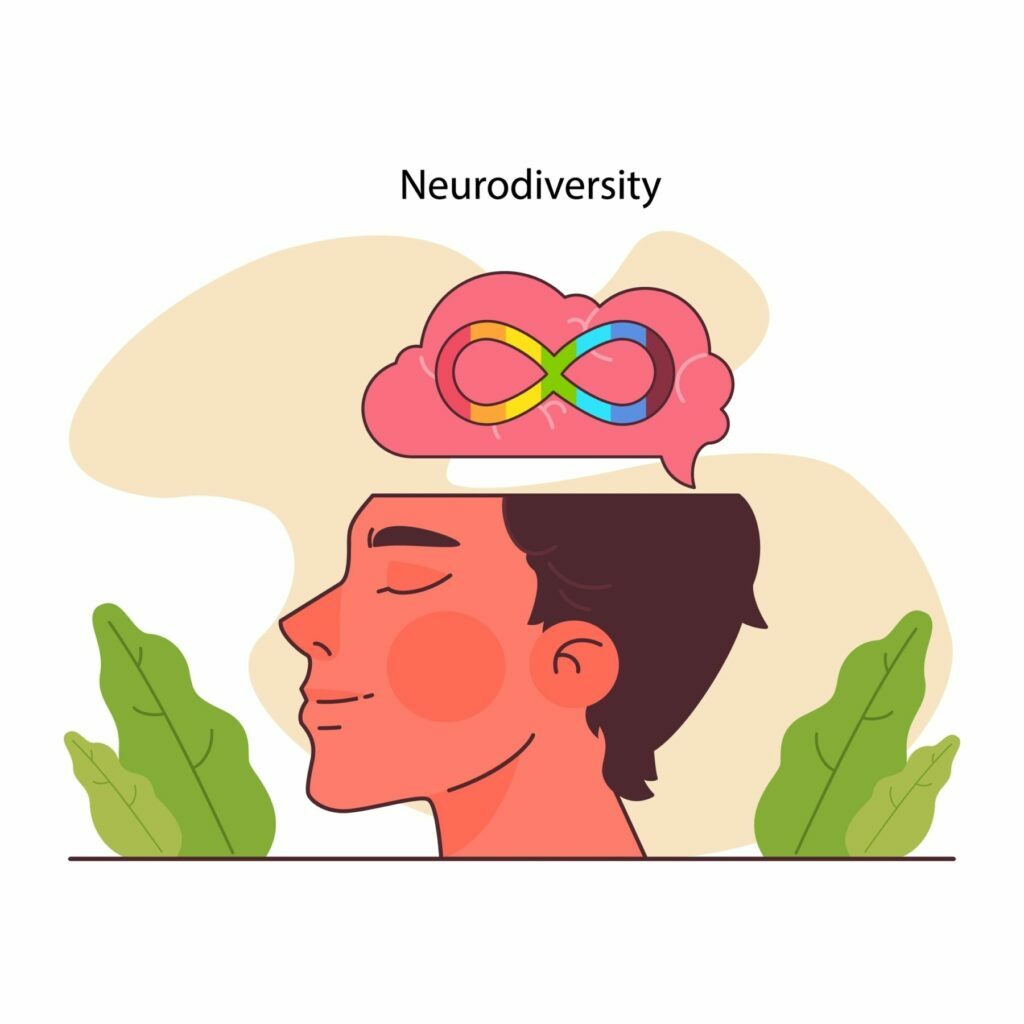Stages of Grief: What to Expect and What to Do

The impermanence of life means that it’s a natural part of the human experience to face a sense of loss. This can come in many forms and evoke a wide range of emotions such as sadness, anger, guilt, longing, or a mix of both positive and negative feelings. The grieving process is unique to each individual and the length of time for the stages of grief of healing can vary greatly. It is not uncommon for the effects of loss to linger, and this is a normal part of the healing journey.
Common Causes of Grief:
- Death of a loved one or family member
- Breakups and divorce
- Job loss and layoffs
- Physical injury
- Loss of a cherished pet
- Family difficulties
- Miscarriage, infertility and pregnancy loss
- Missed opportunities
- Strained personal relationships
- Regret over educational or career choices
- Longing for an ideal childhood
- Unspoken words for a loved one or pet
Stages of Grief:
The five stages of grief were first introduced by Kubler-Ross in her 1969 book, “On Death and Dying.” Grief can manifest itself in a series of stages – denial, anger, bargaining, depression, and acceptance – as individuals attempt to process change and protect themselves as they adapt to a new reality. Confusion, numbness, denial, sadness, despair, loneliness, feeling empty, guilt, regret, shame, anger, resentment, irritability, lack of motivation, loss of interest in activities, neglecting responsibilities like work or family, suicidal thoughts, anxiety, helplessness, insecurity, and fear are all common symptoms experienced in the stages of grief.
- Denial is a common defense mechanism that we use to cope with grief and loss and the first of the stages of grief. It often presents itself as avoidance and procrastination. This can manifest in forgetting important details, being easily distracted, and engaging in mindless behaviors to keep busy all the time. Those in denial may also find themselves thinking or saying “I’m fine” or “it’s fine,” even if they don’t truly feel that way. Denial can result in a feeling of shock and numbness, which can lead to confusion. When in denial, it may feel like shutting down and disconnecting from the reality of the situation.
- Anger can manifest in various ways and is common throughout the grieving process, but considered the second of the stages of grief. It can present itself through negative thought patterns such as pessimism and cynicism, or through negative actions like sarcasm, irritability, and being aggressive or passive-aggressive. This stage can also lead to arguments or physical fights and an increase in substance use like alcohol or drugs. Internally, anger can bring feelings of frustration, impatience, resentment, embarrassment, rage, and a lack of control.
- Bargaining can present itself in a number of ways, including rumination on the future or past, overthinking and worrying, and comparing oneself to others. The emotions associated with bargaining can be intense, including feelings of guilt, shame, blame, fear, anxiety, insecurity, and judgment towards oneself or others. This stage is characterized by thoughts such as “I should have…,” “If only…,” and a tendency towards perfectionism. Bargaining is the third of the stages of grief.
- Depression can manifest in various ways, including changes in sleep and appetite patterns, reduced energy and social interest, and reduced motivation. It can also lead to increased alcohol or drug use and excessive crying. On an emotional level, depression can result in feelings of sadness, despair, helplessness, hopelessness, disappointment, and overwhelming emotions. While depressed mood can appear at any of the stages of grief, it’s often particularly present in the fourth stage.
- Acceptance is the last of the stages of grief and the stage at which one comes to terms with reality as it is. It can manifest in behaviors like mindfulness, engagement with reality, being present in the moment, and assertive communication. The emotions associated with acceptance can include a sense of “good enough”, courage, validation, self-compassion, pride, and wisdom. This stage can bring a sense of peace and the ability to adapt, cope, and respond skillfully to difficult emotions and circumstances.
While there are universal elements to each of the stages of grief, the grieving process is unique for each person.
What’s traumatic grief?
The burden of persistent, traumatic grief is further compounded by stress and trauma, causing a significant impact on mental and physical health. The stress response, an automatic reaction of the nervous system to perceived threats, releases adrenaline and cortisol, leading to disruptions in sleep, appetite, and daily functioning. This kind of prolonged stress can trigger symptoms of anxiety and depression, as well as symptoms of trauma such as intrusive thoughts, nightmares, and feelings of disconnection from oneself.
How do you know if you need grief counseling?
When grief begins to affect your relationships, daily responsibilities, and overall quality of life, seeking therapy can be beneficial. Grief counseling is particularly crucial when coping with loss becomes overwhelming and potentially harmful. Some unhealthy coping mechanisms include substance abuse, excessive use of technology, disordered eating habits, or impulsive spending.
Grief is a topic that is not always openly discussed, and when reaching out to friends and family for support, it can often be challenging for them to understand how to help or may unintentionally cause further harm. Grief counseling provides a secure and empathetic environment where individuals can share their experiences with a trained professional who has the skills and language to meet them where they are in their grieving process and provide guidance towards healing.
How does grief counseling in Chicago work?
Grief counseling in Chicago is a supportive process aimed at helping individuals navigate their emotions surrounding loss. Our experienced grief counselors work with clients to identify triggers and develop a personalized treatment plan that may incorporate a range of therapeutic methods, such as individual therapy, mindfulness practices, reflection, or group therapy. When loss impacts multiple members of a family unit, couples counseling or family counseling may be recommended as a way to facilitate healing and promote understanding and communication within the family. The sharing of memories and feelings in a safe, guided environment can often bring a sense of comfort and peace to those who are grieving. Our grief counselors would be honored to be trusted with your journey. Schedule an appointment with one of our therapists today!
This blog is made for informational and educational purposes only. It is not medical advice.
The information in this blog is not intended to (1) replace a one-on-one relationship with a qualified licensed health care provider, (2) create or establish a provider-patient relationship, or (3) create a duty for us to follow up with you.



